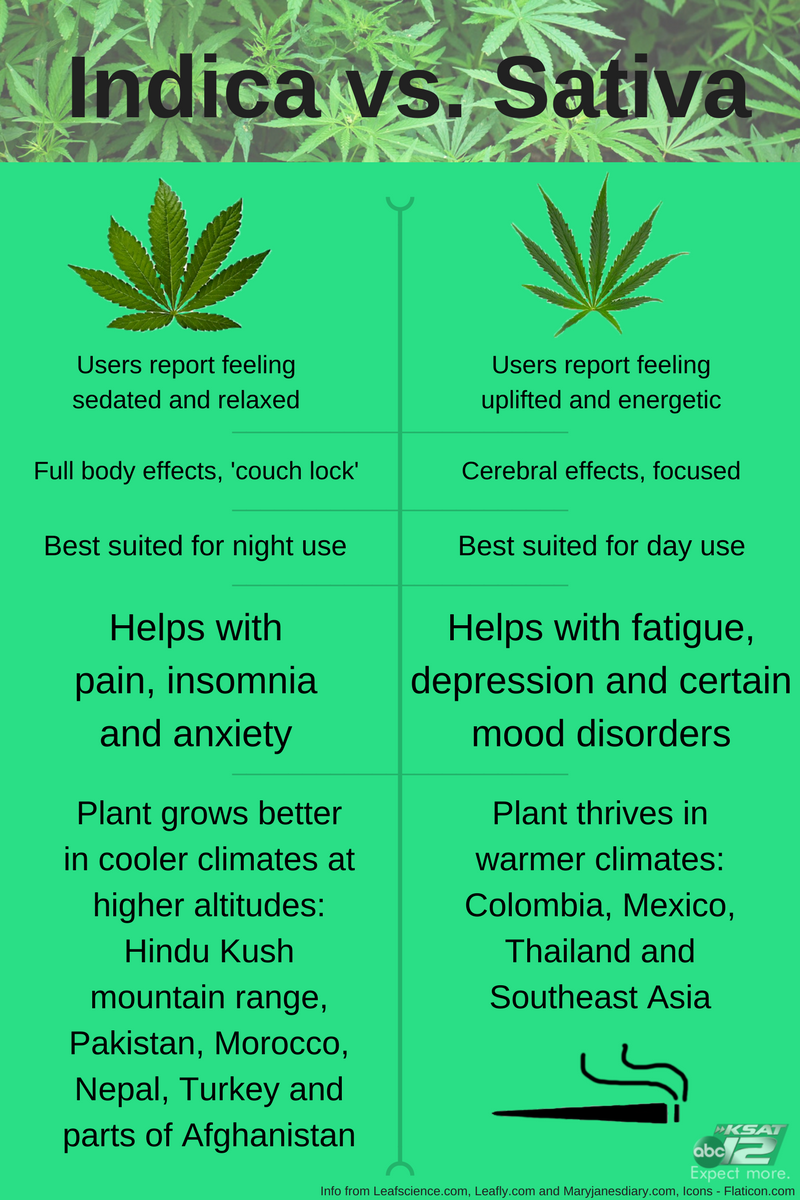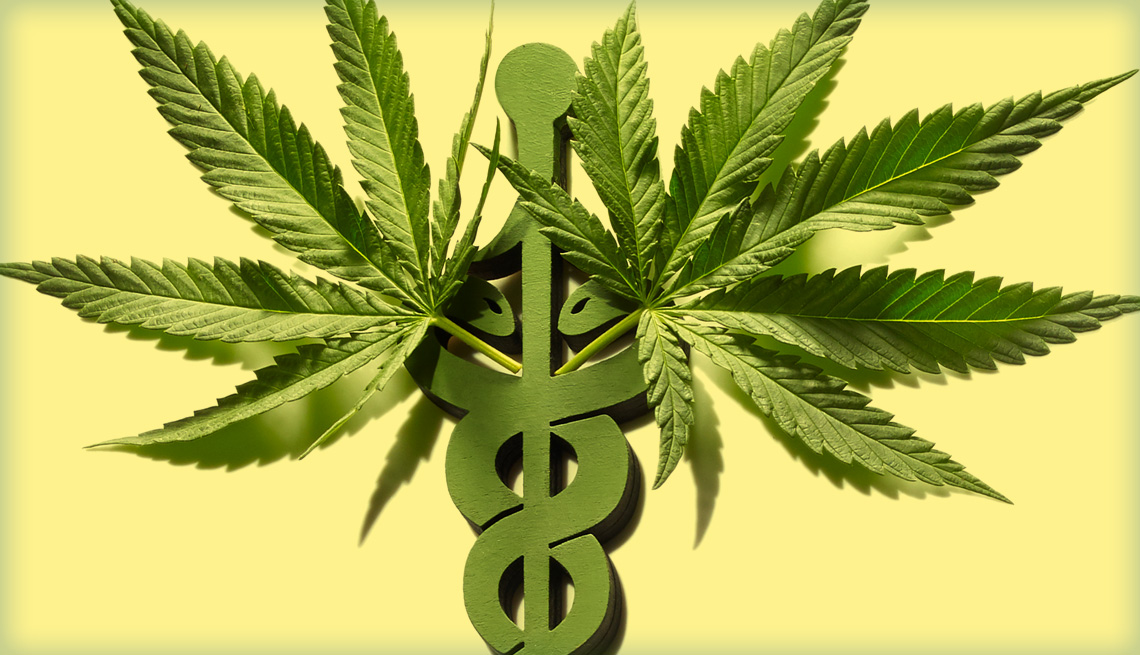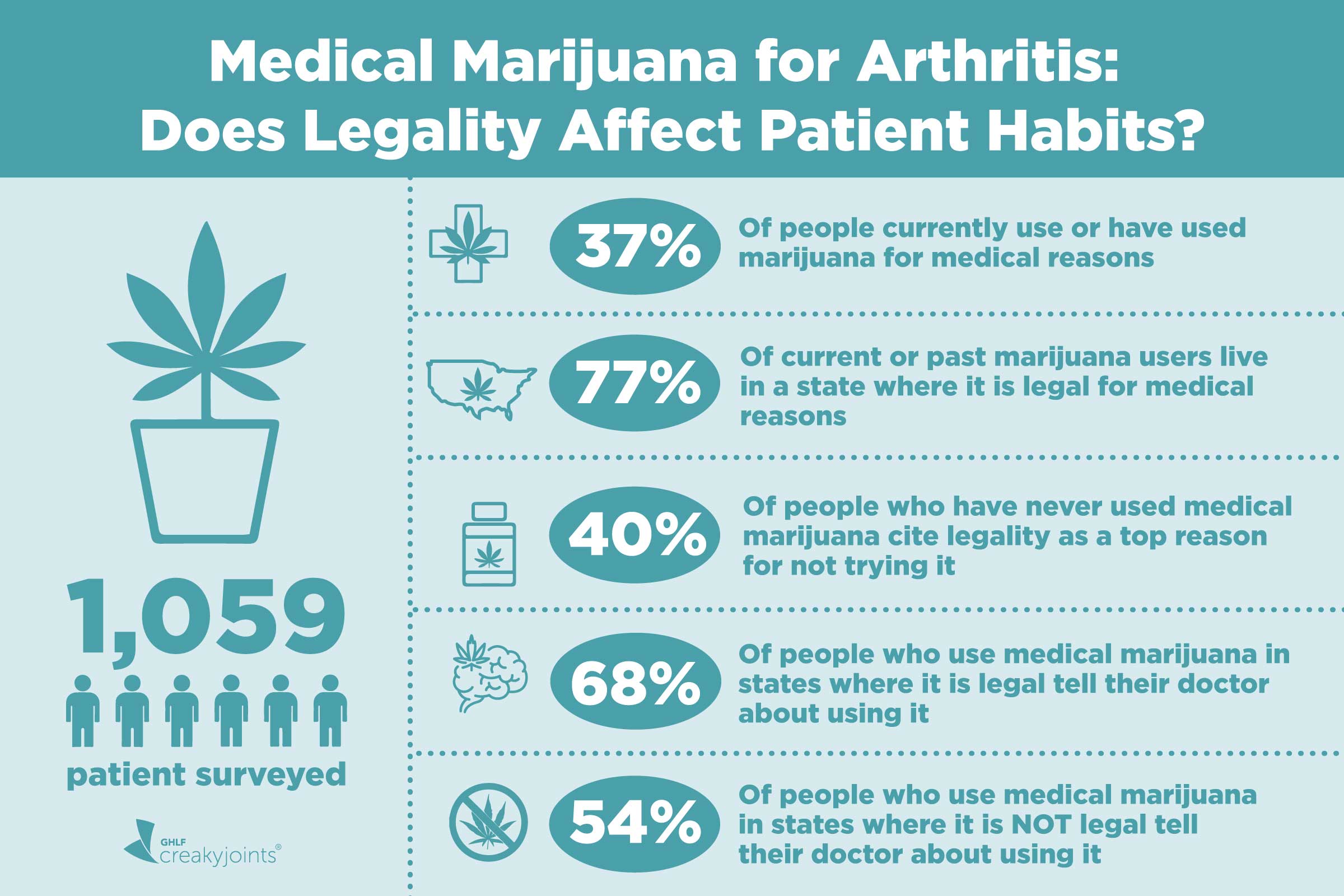The Definitive Guide to Terrapin
The Definitive Guide to Terrapin
Blog Article
Little Known Questions About Terrapin.
Table of ContentsThe Single Strategy To Use For TerrapinHow Terrapin can Save You Time, Stress, and Money.Rumored Buzz on TerrapinThe 8-Second Trick For TerrapinTerrapin - The Facts
Once accepted, Physicians might after that prescribe medical marijuana for management of some problems under the Therapeutic Goods Management (TGA) Unique Access Plan (SAS). In 2016 the Australian Federal government made adjustments to the Narcotic Medications Act 1967 permitting marijuana to be grown for medicinal or scientific functions. Under this Act the National Federal government provides licensing that allows chosen individuals and business to expand marijuana.More research is needed to better comprehend whether medical marijuana can be an ideal and safe treatment option for different medical conditions. The table below summarises the evidence from studies published in excellent quality academic journals that have checked out the efficiency of medical marijuana. Up until now, a lot of study has actually considered medical marijuana for the therapy of chronic non-cancer pain, chemotherapy queasiness and vomiting, epilepsy, multiple sclerosis, and palliative (end of life) care.

Some Known Details About Terrapin
Multiple Sclerosis (MS) is a chronic disease that influences the main nerve system and individuals with the problem commonly experience persistent pain. There is some evidence that the THC chemical extracted from medical marijuana may be efficient in decreasing MS pain. There is irregular proof regarding whether the combination of THC and CBD remove lowers muscle mass spasticity among people with MS.
Study has actually taken a look at the use of medicinal marijuana to aid pain and signs among individuals with an incurable health problem (called palliative or end of life care). Researches discovered no benefit of medical cannabis for improving person's food consumption, nausea/vomiting, pain, or rest issues during palliative (end of life) treatment. There was some evidence that medical cannabis might enhance weight gain and appetite amongst clients with HIV - https://www.kickstarter.com/profile/118629775/about.
The Only Guide for Terrapin
doi:10.1097/ j.pain. 0000000000001293 Stockings, E., Zagic, D., Campbell, G., Weier, M., Hall, W. D., Nielsen, S.,. Degenhardt, L. (2018 ). Proof for cannabis and cannabinoids for epilepsy: an organized testimonial of regulated and empirical proof. J Neurol Neurosurg Psychiatry, 89( 7 ), 741-753. doi:10.1136/ jnnp-2017-317168 Restorative Product Administration. (2017 ). Guidance for using medical cannabis in Australia: Patient Details.

One major difference in between CBD and cannabis is that the former only has a trace quantity of the cannabinoid tetrahydrocannabinol (THC). Cannabis plants may have up to 40 percent CBD.
This can convert to several benefits in the body. Still, there remains problem over the impacts of THC in traditional marijuana. This results from the fact that it can have stimulating or depressant results in some people, which may lead to opposite results. Therefore, when thinking about marijuana for any kind of medical problem, your physician will likely evaluate whether the anti-inflammatory advantages exceed any kind of mental risks.
A Biased View of Terrapin
The following list of marijuana benefits are some of the most typically gone over in clinical study, as well as anecdotally. The cannabinoids in cannabis might minimize discomfort by changing pain understanding pathways in the brain., such as: arthritisfibromyalgiaendometriosismigraineIt may also minimize cancer cells click here now therapy side results, like loss of cravings.
It presents much fewer threats than artificial opioids. Those are two factors why numerous advocates are pressing for marijuana legalisation, so individuals can have safer alternatives for pain monitoring.
Still, the possible dangers of marijuana require to be thought about in equal action. Below are a few of the side impacts you ought to review with your physician: Cannabis may create moderate hallucinations, inadequate motor abilities, or modified assumptions of truth - https://www.quora.com/profile/Jeffery-Snyder-25. For these reasons, particular tasks may be dangerous after making use of cannabis, such as running hefty equipment
Terrapin Can Be Fun For Everyone

As of January 2020 (Dispensary Pittsburg), 11 states in addition to Washington, D.C., have legalized leisure cannabis, and 33 states have actually legislated it for clinical use. Cannabis itself is still thought about unlawful under federal legislation. So, what does this mean if you want making use of cannabis for clinical functions? Initially, talk with your medical professional regarding the pros and cons of marijuana for your condition.
Even if marijuana is lawful in your state, you might be prosecuted for using it if you travel to a various state where it's not legal. Plan as necessary to stay clear of any kind of lawful concerns. It's additionally essential to distinguish the difference in between marijuana and CBD. Hemp-derived CBD products (with much less than 0.3 percent THC) are legal on the federal degree but are still prohibited under some state legislations.
Report this page